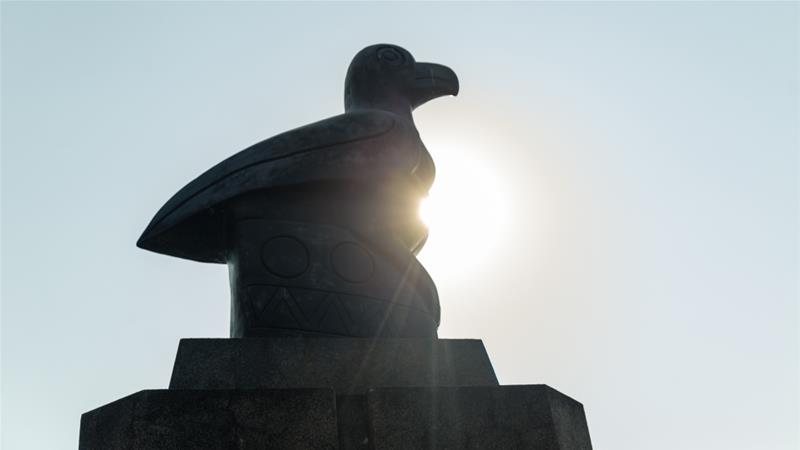Last week, while the world at large was growing rightfully concerned about the burgeoning threat of the coronavirus, one judge found himself even more concerned about the state of the nation’s highest court.
Meet James Dannenberg. He’s a retired Hawaii judge who served for 27 years on the state’s 1st Circuit District Court. Prior to sitting on the bench, Dannenberg worked as the state’s deputy attorney general, teaching federal jurisdiction as an adjunct professor at the University of Hawaii Richardson School of Law, for more than a decade. The retired judge had also been a member of the prestigious Supreme Court Bar for almost 50 years — until he quit.
On Wednesday, he submitted a resignation letter to Chief Justice John Roberts, going so far as to refer to the Roberts Court as the Trump administration’s “errand boy.” Here’s an excerpt from Dannenberg’s letter, which is printed in full on the next page:
The Court, under your leadership and with your votes, has wantonly flouted established precedent. Your “conservative” majority has cynically undermined basic freedoms by hypocritically weaponizing others. The ideas of free speech and religious liberty have been transmogrified to allow officially sanctioned bigotry and discrimination, as well as to elevate the grossest forms of political bribery beyond the ability of the federal government or states to rationally regulate it. More than a score of decisions during your tenure have overturned established precedents—some more than forty years old– and you voted with the majority in most. There is nothing “conservative” about this trend. This is radical “legal activism” at its worst.
Without trying to write a law review article, I believe that the Court majority, under your leadership, has become little more than a result-oriented extension of the right wing of the Republican Party, as vetted by the Federalist Society.
Oh snap. We wonder how many of Chief Justice Roberts’s colleagues would concur with Dannenberg’s assessment of the politicized nature of the Supreme Court.
The only constitutional freedoms ultimately recognized may soon be limited to those useful to wealthy, Republican, White, straight, Christian, and armed males— and the corporations they control. This is wrong. Period. This is not America.
I predict that your legacy will ultimately be as diminished as that of Chief Justice Melville Fuller, who presided over both Plessy and Lochner. It still could become that of his revered fellow Justice John Harlan the elder, an honest conservative, but I doubt that it will. Feel free to prove me wrong.
Would this be considered a benchslap? With jaw-dropping insults like these, it may as well be. This is the judicial equivalent of saying “fight me, bro,” except here, it’s more like a respectful “cite me, bro.”
Dannenberg may have lost his faith in the Supreme Court, but he certainly hasn’t lost his will to fight for what’s right.
(Flip to the next page to see James Dannenberg’s letter in full.)
Former Judge Resigns From the Supreme Court Bar [Slate]
 Staci Zaretsky is a senior editor at Above the Law, where she’s worked since 2011. She’d love to hear from you, so please feel free to email her with any tips, questions, comments, or critiques. You can follow her on Twitter or connect with her on LinkedIn.
Staci Zaretsky is a senior editor at Above the Law, where she’s worked since 2011. She’d love to hear from you, so please feel free to email her with any tips, questions, comments, or critiques. You can follow her on Twitter or connect with her on LinkedIn.







 Jordan Rothman is a partner of
Jordan Rothman is a partner of 
![Charity Mudimu has been issued a new stand number but she is doubtful she could move to the area anytime soon. [Tendai Marima/Al Jazeera] Charity Mudimu has been issued a new stand number but she is doubtful she could move to the area anytime soon. [Tendai Marima/Al Jazeera]](https://www.aljazeera.com/mritems/Images/2020/3/15/e5e41584d7174db292509c4c9b88db0d_18.jpg)









